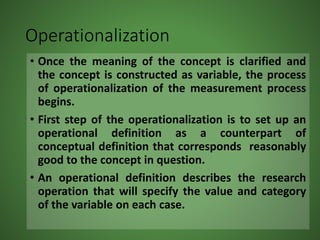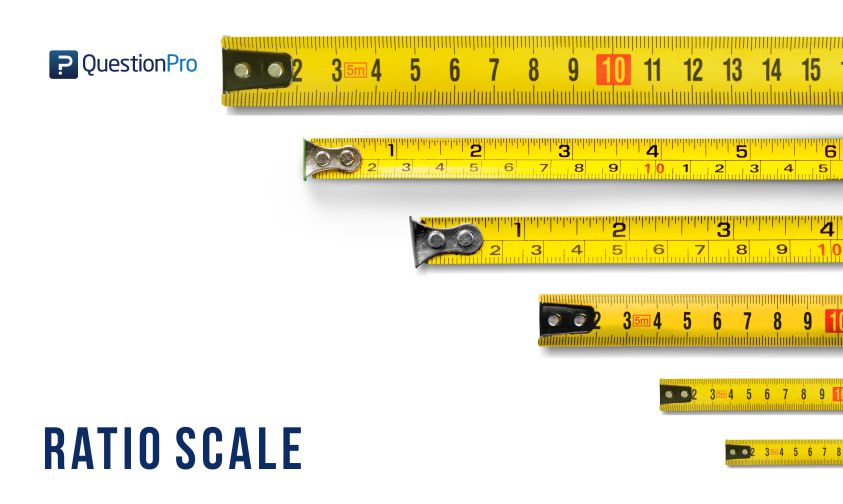Measurement is a crucial aspect of research as it allows researchers to quantify and compare variables in their study. It helps researchers to gather reliable and valid data that can be used to draw conclusions and make informed decisions.
There are various types of measurements that can be used in research, including categorical, ordinal, interval, and ratio. Categorical measurements are used to classify items into categories, such as gender or race. Ordinal measurements involve ranking items in a specific order, but the intervals between the rankings are not equal. Interval measurements involve equal intervals between rankings, but there is no true zero point, meaning there is no absolute absence of the variable being measured. Ratio measurements also have equal intervals and a true zero point, meaning there is an absolute absence of the variable being measured.
One of the main challenges in measurement is ensuring that the measure being used is accurate and reliable. This means that the measure should consistently produce the same results when applied to the same phenomenon. In order to ensure the reliability of a measure, researchers often use multiple measures or have multiple coders score the same data to see if they produce similar results.
Another important aspect of measurement in research is validity, which refers to whether a measure is measuring what it is intended to measure. For example, a measure of intelligence should be able to accurately assess a person's cognitive abilities and not be influenced by factors such as cultural biases or the test-taker's mood. Researchers can use multiple methods, such as expert reviews and correlations with other known measures, to assess the validity of their measure.
In summary, measurement plays a crucial role in research as it allows researchers to quantify and compare variables in their study. Ensuring the accuracy and reliability of a measure is important for producing reliable and valid results, and assessing the validity of a measure helps researchers ensure that it is measuring what it is intended to measure.







